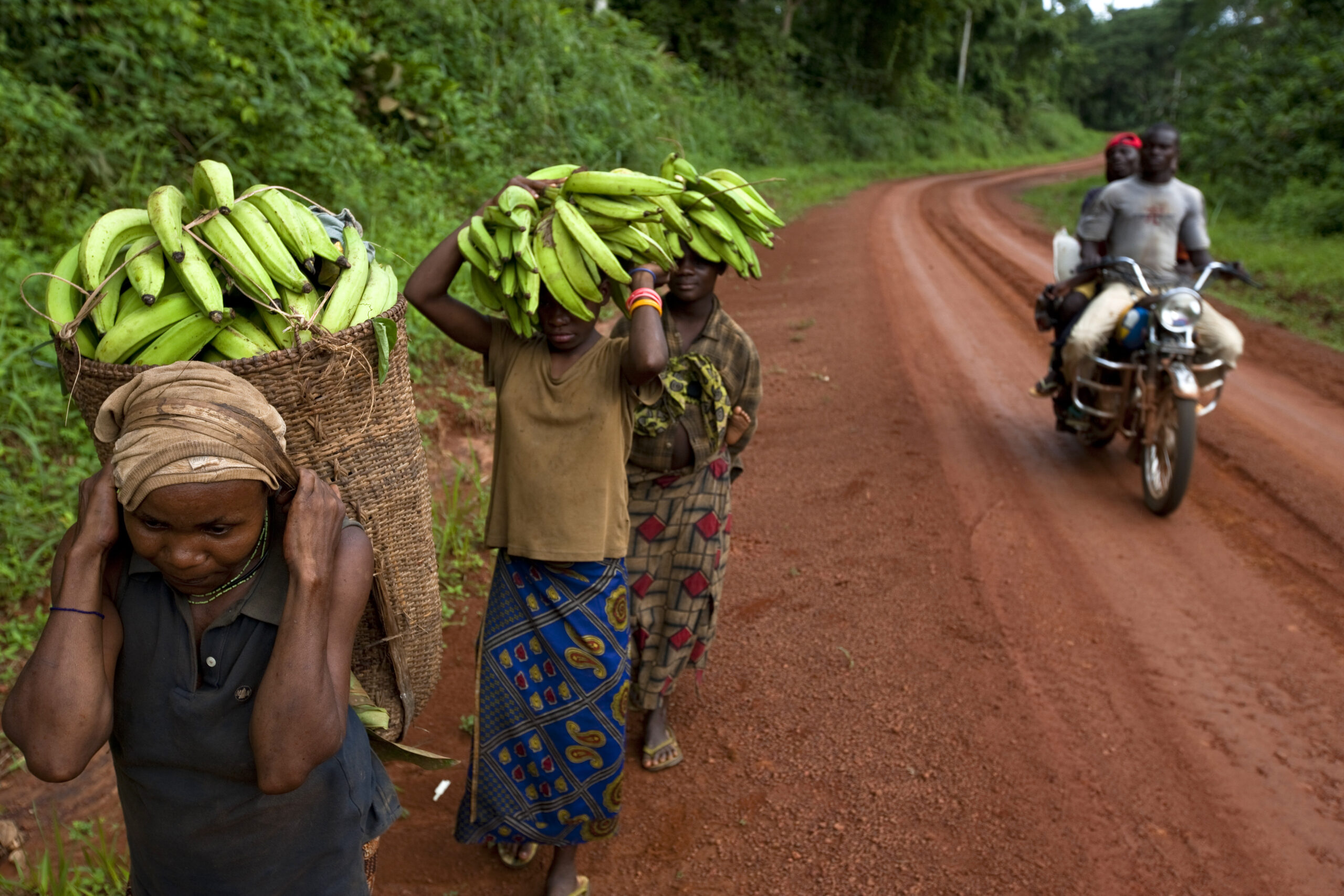
The proposed GEF-funded project
commonly called GEF 7 project is a child project under the global Sustainable Forest Management Impact Program on Congo Basin Sustainable Landscapes (Congo IP)
KEEP READING


OUR CONTACTS
10287 Cameroon GEF 7 IP Project Congo Basin Sustainable Lanscape Impact Programme Rue 1879, Dragage, Sortie SNH PO Box 6776, Yaoundé-Cameroon
LEARN MORE
10287 Cameroon GEF 7 IP Project Congo Basin
GEF 7
or

Sustainable Lanscape Impact Programme
PROJECT
10287 Cameroon GEF 7 IP Project Congo Basin
''We used to auction our product because we couldn't store or process them properly. Now with GEF support, we can process and self collectively, securing better prices.''
Madam Bekolo Rosette
President, GIC RAFASAL
Salapoumbe

The project mainstreams LUP by applying a bottom-up approach for participatory, informed and integrated LUP and management across the 1.2 million hectares of the Ngoyla and Mintom municipalities of the TRIDOM landscape. LUP is applied by the project only in the TRIDOM landscape as it showed the strongest enabling environment for successful LUP.
The project directly addresses weak participation in sustainable forest and wildlife management by strengthening and/or establishing inclusive governance and management systems for protected areas and their peripheries, specifically for Campo Ma’an National Park (CMNP) and Lobéké National Park (LNP).
The project addresses the impacts of unsustainable resource use by local communities and private sector actors by promoting their increased engagement in local-level models for SFM that engage IPLCs and the private sector. The project simultaneously supports the development of two different local-level models (or approaches) for SFM: (i) across the three target landscapes, the project works to develop or strengthen NTFP value chains where IPLCs and community producers make up an important portion of the sector and are key actors in ensuring forest resources are equitably and sustainably managed and (ii) the project supports the expansion of a public-private partnership (PPP) to create a sustainable and socially-responsible value chain for tropical hardwood species in the TRIDOM landscape. SFM and NTFP interventions are applicable across all TRIDOM and TNS landscapes.
The project takes advantage of the unique set of attractions that can be found in and around CMNP to develop a sustainable tourism value chain in the Cameroon segment of the CMRC landscape. This value chain provides an important opportunity to increase the incentives for IPLCs to engage in forest and wildlife management and develop sustainable alternatives to unsustainable resource use by growing their financial, economic, social, and environmental benefits.
The project promotes strengthened regional coordination on SFM and biodiversity conservation, while ensuring that results are monitored, and lessons learned are used to inform adaptive management and outreach to support replication and scaling up of best practices in sustainable forest management at national, sub-regional, and transboundary levels. Collaboration with the regional child project (RCP) under the Congo IP is leveraged to support collaboration, as well as regional and global knowledge management, in order to contribute to impacts at the biome and ecoregion levels.
Our Landscape
The project is implemented across the Cameroon segments of three transboundary landscapes: (i) the Campo Ma’an-Rio Campo (CMRC) landscape, (ii) the Tri-National Dja-Odzala-Minkebe (TRIDOM) landscape , and (iii) the Sangha Tri-National (TNS) landscape
Campo Ma'an National Park
Campo Ma'an National Park is a 2,680 square kilometer National Park in Cameroon, located in the South Region in the Océan division. It borders with Equatorial Guinea on the south, the Atlantic Ocean to its west, the Vallée-du-Ntem and the Mvila to the east
TRIDOM
The Dja - Odzala - Minkébé Tri-national Landscape (TRIDOM) covers some 191,000 square kilometres split over three countries: Cameroon, Congo and Gabon. The TRIDOM segment Cameroon landscape is part of the Congo Basin Forest eco-region, covering an area of 49,000 km² in the south and east of Cameroon.
TNS
TNS is a high value biodiversity conservation site. Transboundary world heritage site in the South East of Cameroon bordering CAR, and Congo. Management Effectiveness & Governance of High Conservation Value Forests (Component 2) and Non-Timber Forest Product (NTFP) & Hardwood Value Chains (Component 3) are implemented in the TNS Landscape
2,671
baby turtles taken to sea
667
students received environmental education
68%
average increase in the price of djansan(Ricinodendron heudelotii) in TNS and TRIDOM landscape
26
group sales were organised in the TNS and TRIDOM landscapes. These sales enabled communities to stock up on NTFPs and sell them at prices unheard of before the small grants mechanism was set up.
100 posters and 500 flyers
were distributed to raise awareness of the complaint’s mechanism in Campo Ma'an National Park
12,576
beneficiaries reached through activities implementation
OUR PARTNERS

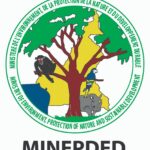


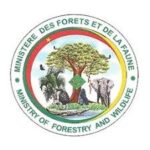
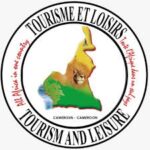
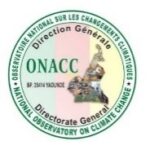




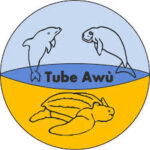


2671
baby turtles taken to sea
ABOUT US
10287 Cameroon GEF 7
IP Project Congo Basin
commonly called GEF 7 project is a child project under the
global Sustainable Forest Management Impact Program on Congo Basin Sustainable
Landscapes (Congo IP).
ALL CONTACTS
- PO Box 6776, Yaoundé-Cameroon Rue 1879, Dragage, Sortie SNH .
- Office +237 6 91 41 21 90/+237 6 91 41 21 90
- infos@gef-cbslipcam.org
- 08 am - 05 pm Fri open
- Copyright 2025
- infos@gef-cbslipcam.org


